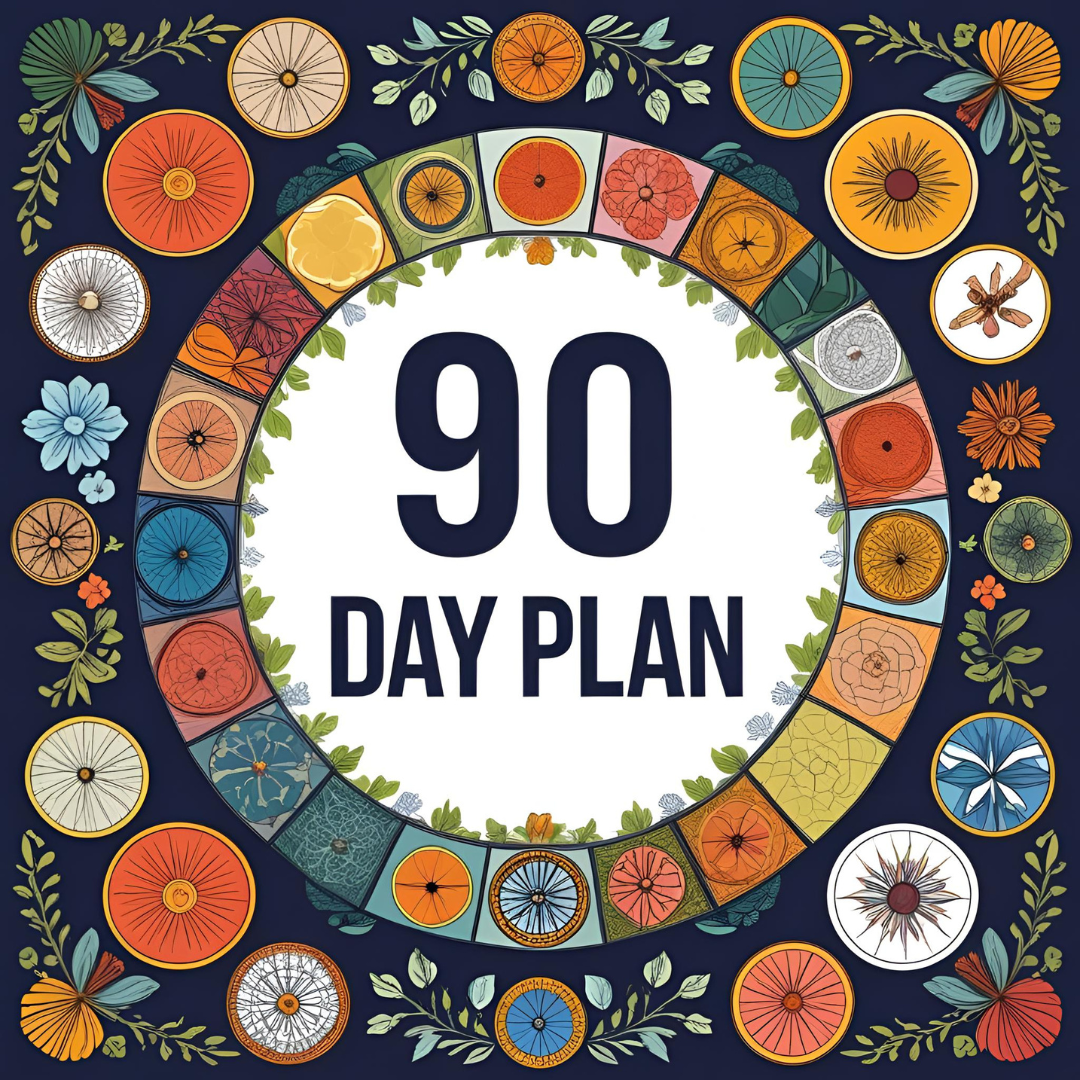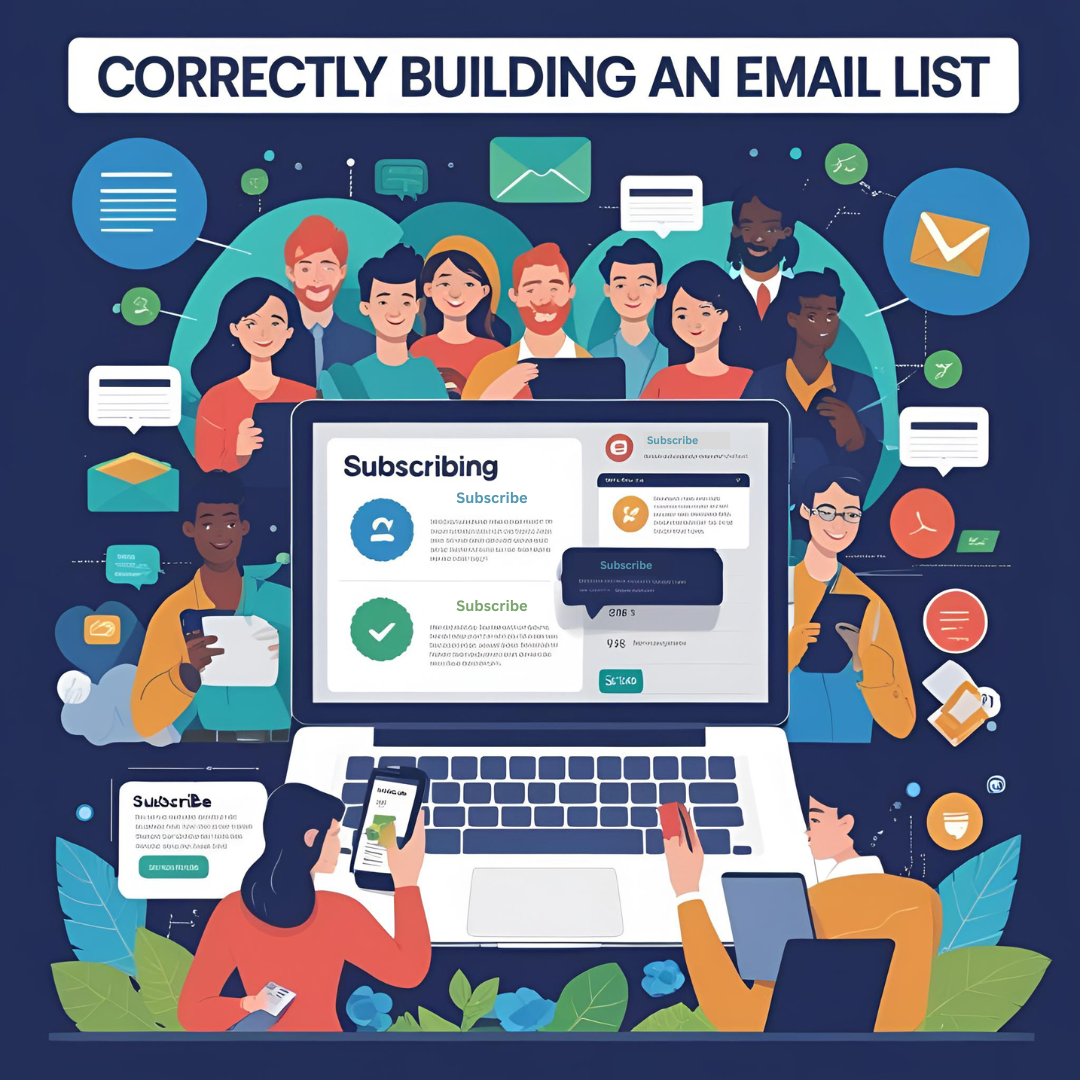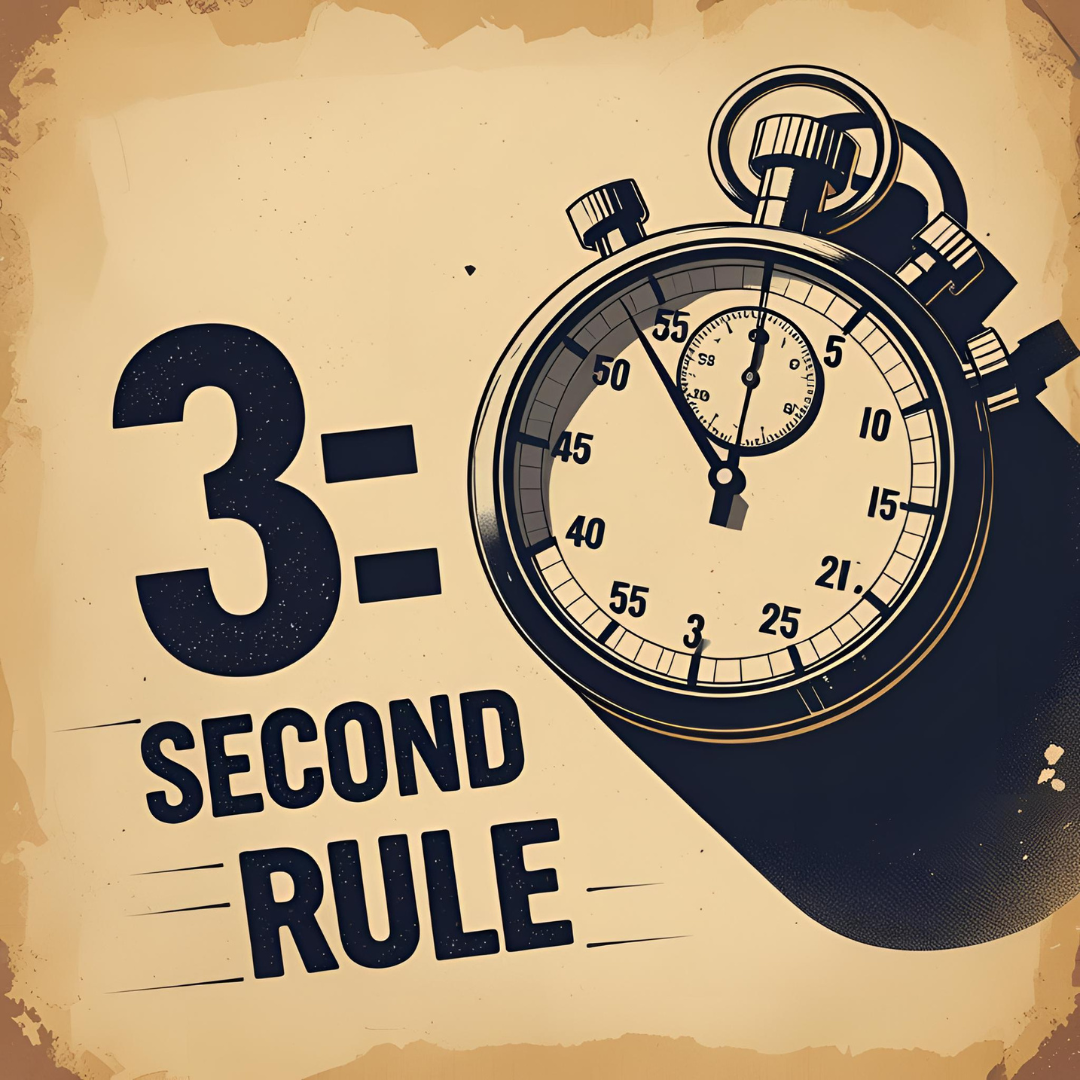Why Your Book Cover Is Losing You Sales (And How to Fix It)
Your book cover is your first—and often only—chance to capture a potential reader's attention. In the three seconds it takes someone to scroll past your book on Amazon or glance at it on a bookstore shelf, your cover must communicate genre, quality, and appeal. Get it wrong, and even brilliant content won't save your sales.
From Followers to Customers: The 5-Step Social Media Sales Funnel
Having thousands of social media followers means nothing if they never become paying customers. Too many businesses focus on growing follower counts while ignoring the strategic nurturing process that transforms casual followers into loyal clients. The secret lies in creating a systematic funnel that guides people from initial awareness to purchase decision.
From Nervous Presenter to Confident Speaker: A 90-Day Transformation Plan
The difference between nervous presenters and confident speakers isn't natural talent—it's systematic skill development and strategic practice. Confident speakers weren't born fearless; they developed specific techniques, built supportive habits, and accumulated positive experiences that transformed their relationship with public speaking.
From Manuscript to Marketing: Timeline for First-Time Authors
The moment you type "The End" on your manuscript, you might think the hard work is over. In reality, you're only halfway to publication success. The journey from finished manuscript to published book with actual readers involves a complex timeline of editing, production, and marketing activities that many first-time authors underestimate.
The Psychology Behind Bestseller Lists: What Really Gets Books to the Top
Bestseller lists feel like objective measures of book quality and popularity, but they're actually complex systems influenced by timing, marketing strategies, and psychological triggers that have little to do with how many people actually read and love your book. Understanding how these lists really work—and what drives the human psychology behind them—can transform your approach to book marketing and sales.
The Social Media Algorithm Game: How to Win Without Burning Out
Social media algorithms feel like a rigged game. Just when you figure out what works, the rules change. Your carefully crafted content reaches fewer people, your engagement drops, and you're left wondering if you should post more, post less, or just give up entirely.
The truth is, you can win the algorithm game—but not by chasing every trend or posting seven times a day. The secret is understanding what algorithms actually want and building a sustainable strategy that serves both the algorithm and your business goals.
Why Your Non-Fiction Book Needs a Story Arc (Even If It's Not a Story)
Most non-fiction authors approach their books like textbooks: organize information logically, present facts clearly, and hope readers will absorb the knowledge. But here's what successful non-fiction authors know: information without transformation is just data. Readers don't want to learn facts—they want to change their lives.
This is why your non-fiction book needs a story arc, even if you're not telling a story. The most compelling non-fiction books take readers on a journey from problem to solution, from confusion to clarity, from where they are to where they want to be.
Virtual Speaking: Why Your Online Presence Needs Different Skills
The camera light turns green, and suddenly everything you know about public speaking feels wrong. Your gestures look awkward, your voice sounds flat, and you can't read the room because there isn't one. Welcome to virtual speaking—a medium that requires fundamentally different skills than in-person presentation.
Why Your 'About' Page Isn't Converting (And What to Write Instead)
Your 'About' page is probably the second-most visited page on your website, yet it's likely one of your worst-performing pages for conversions. Most business owners treat their About page like a resume—listing credentials, experience, and company history. But visitors aren't looking for a biography. They're looking for reasons to trust you with their problems.
The Author's Guide to Building a Pre-Launch Email List
Publishing a book without an email list is like opening a restaurant in a ghost town. You might have the best content in the world, but if no one knows it exists, it won't succeed. Smart authors understand that building an email list before their book launch is just as important as writing the book itself.
The Speaker's Toolkit: Essential Props and Tech for Any Venue
Professional speakers know that success isn't just about great content—it's about flawless delivery. The difference between a good presentation and a memorable one often comes down to the small details: clear audio, engaging visuals, and smooth technology integration. Your speaker's toolkit should prepare you for any venue, any audience, and any technical challenge.
Content Marketing for Coaches: Quality vs. Quantity in 2025
The content marketing advice for coaches is everywhere: post daily, be on every platform, create videos, write blogs, host podcasts, and somehow still have time to actually coach clients. This "more is better" mentality is burning out coaches and producing mediocre content that attracts no one.
5 Editing Mistakes That Scream 'Amateur' to Readers
Professional editing is invisible. When done well, readers focus on your story, your characters, and your ideas without noticing the craft behind the words. But when editing goes wrong—or doesn't happen at all—readers immediately sense something's off, even if they can't articulate exactly what bothers them.
How to Handle Hostile Questions Without Losing Your Cool
Every speaker's nightmare: you've delivered what you thought was a solid presentation, and then someone in the audience stands up with a challenging, aggressive, or downright hostile question. Your heart rate spikes, your mind goes blank, and you feel the entire room watching to see how you'll respond.
The Email Marketing Mistakes That Are Costing You Clients
Email marketing remains one of the highest-ROI marketing channels available, yet most businesses leave money on the table through easily preventable mistakes. While social media algorithms change and advertising costs rise, email provides direct access to people who have specifically requested to hear from you.
How to Write a Book Proposal That Publishers Actually Want to Read
A book proposal is your book's job application. It's how you convince publishers that your book deserves their investment over the thousands of other proposals they receive each year. Yet most authors treat proposals like extended query letters, missing the strategic elements that actually influence publishing decisions.
The Art of the Opening: 5 Ways to Hook Your Audience in 30 Seconds
You have thirty seconds—maybe less—to capture your audience's attention and convince them you're worth listening to. In our distraction-filled world, audiences make snap judgments about speakers before they've said more than a few sentences. Master your opening, and you command the room. Fumble it, and you spend the rest of your presentation fighting to win back attention you never fully captured.
How to Create a Client Avatar That Actually Improves Your Marketing
Most business owners have client avatars that read like demographic profiles: "Sarah, 35-45, married with kids, household income $75K-$150K, lives in suburbs." These surface-level descriptions might help with Facebook ad targeting, but they do nothing to improve your marketing message, content strategy, or client attraction.
Body Language Mistakes That Undermine Your Message
Your words might be perfect, your content might be brilliant, but if your body language contradicts your message, audiences will trust what they see over what they hear. Research shows that 55% of communication impact comes from body language, 38% from vocal tone, and only 7% from actual words. This means you could be unconsciously sabotaging your presentations through physical habits you're not even aware of.
The 3-Second Rule: Mastering Powerful Pauses in Your Presentations
Silence terrifies most speakers. We fill every moment with words, afraid that any pause will lose our audience's attention or make us appear unprepared. But here's what professional speakers know: silence isn't the enemy of great speaking—it's the secret weapon.
The 3-second rule is simple yet transformative. By strategically placing three-second pauses throughout your presentation, you'll command attention, enhance comprehension, and project confidence that separates amateur speakers from compelling ones.




















